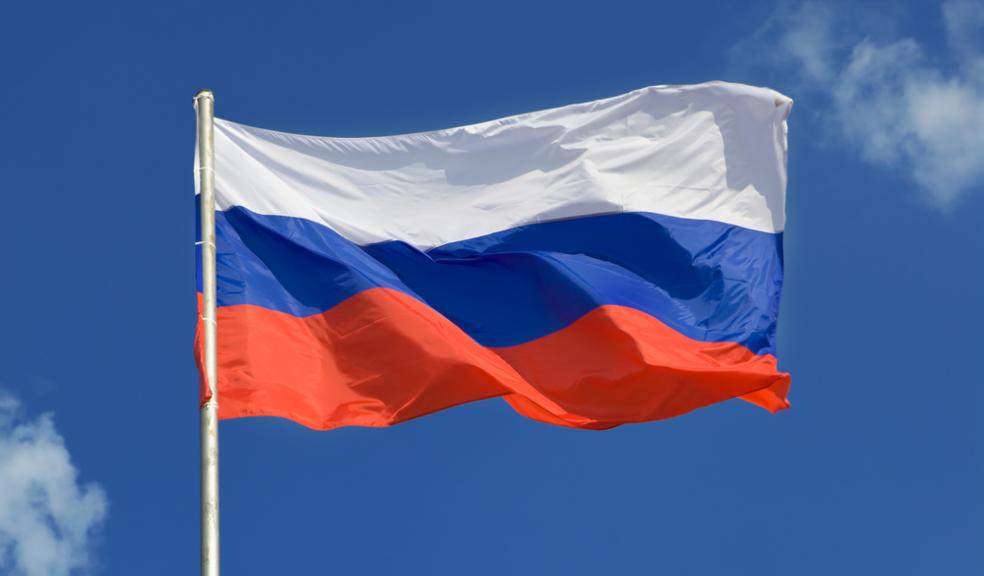
Ukraine crisis under spotlight in Plymouth
The motives, strategy and endgame of Russia’s involvement in the escalating crisis in Ukraine is set to be the focus of a professorial lecture at Plymouth University this month.
Professor Graeme Herd, Head of the School of Government in the University’s Faculty of Business, will analyse the situation in Eastern Europe in his lecture Russia After Ukraine: Systemic Change or Business as Usual?
It will include an assessment of the implications of Russia’s behaviour for those countries in the former Soviet bloc, whether it amounts to an actual attack upon the Atlantic order or mere spoiling tactic, and whether it’s a sign of strength or weakness on Russia’s part.
Professor Herd said: “Russia has dominated the global agenda in 2014: from the spectacle of the Sochi Winter Olympics and Paralympics to escalating political turmoil in the Crimea and Ukraine and renewed East-West tension.
“Those that run Russia tend to own Russia, and I think that they feel a lack of concern for two reasons. First, their propaganda is too effective – they believe it. And second, their reputational loss is more than compensated for by President Putin’s rising domestic popularity and its own pivot away from Europe to China and the Asia-Pacific. However, a ‘champagne effect’ is underway – Russia has lost Ukraine, its Customs Union is unviable and a self-imposed clamp down on 5th columnists and national traitors strongly suggests the future will be characterised by economic stagnation, authoritarianism and the alienation of its best and brightest – its well-educated, creative and entrepreneurial class. Russia is entering a strategic cul-de-sac and President Putin has no reverse.”
Professor Herd’s insight into the region has been called on many times by organisers of prestigious international conferences, and sought out by academic institutions across Europe.
He joined the University in September 2013 from the Geneva Centre for Security Policy. Prior to that he was at the George C. Marshall European Centre for Security Studies, in Garmisch-Partenkirchen, Germany, and has published extensively on issues related to Eurasian and Euro-Atlantic foreign and security policy, with a particular emphasis on Russia.
In addition to leading the School of Government, which encompasses International Relations, Politics, Public Policy and Sociology, he has also been appointed Director of the Dartmouth Centre for Maritime Leadership and Strategy, based at the Britannia Royal Naval College.
Professor Herd added: “The professorial lecture will, I hope, provide an insight into the mindset of the Putin regime and explore the potential outcomes – which of course, will be felt here in Britain.”
The lecture will be held on Monday 23 June at 4.00pm, in Lecture Theatre 2 of the Roland Levinsky Building, and will be followed by a discussion, refreshments and a networking opportunity.













